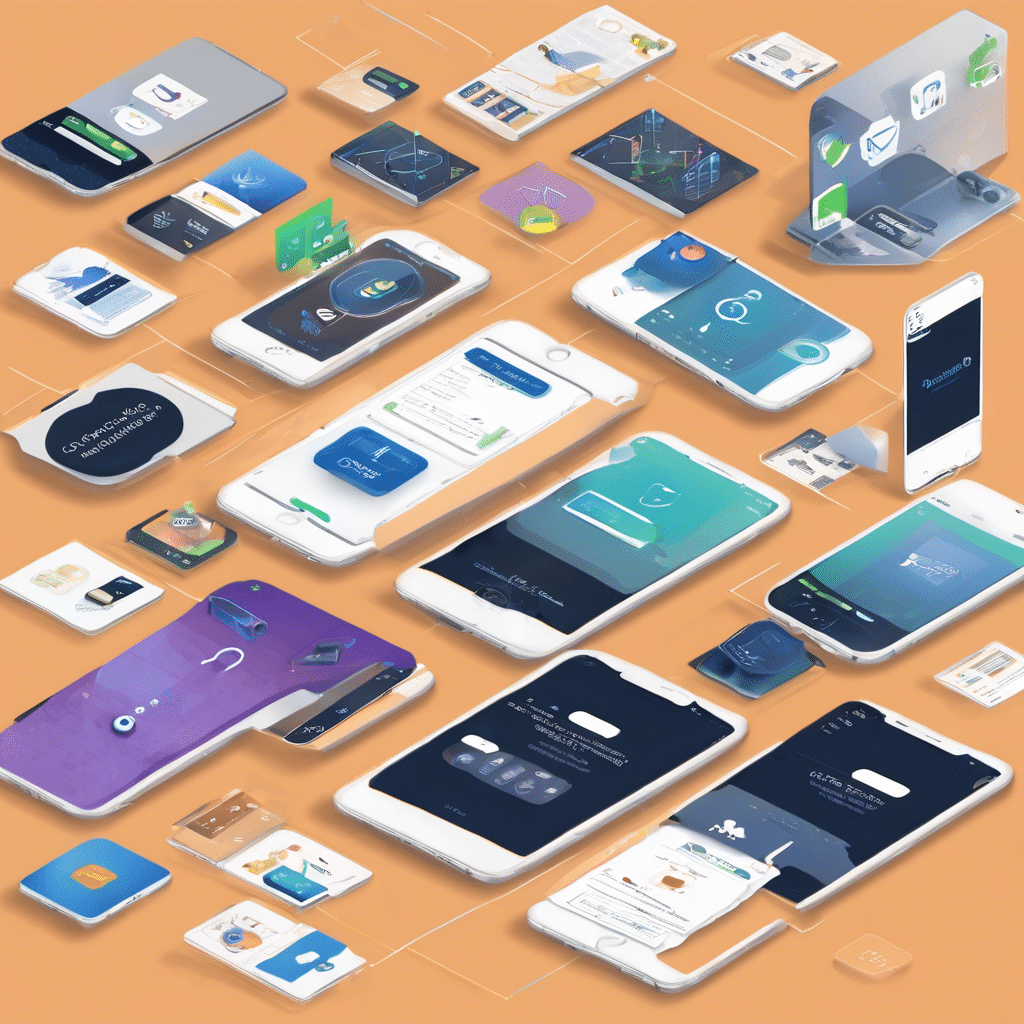While cloud technologies and contemporary programming paradigms such as cloud-native have been around for a while, most corporate applications are still deployed on-premises or employ traditional stacks and application servers.
Application modernization, at its heart, is the act of enhancing your present applications to provide a better customer experience and enhance ROI. You can choose if and how much to move your apps by weighing the strategic significance of your applications against available cost and new technological choices such as cloud, containers and Kubernetes, microservice-based architectures, and serverless.
Your ultimate objective should be to have your applications functioning in an environment that provides a strong return on investment.
App Modernization Explained
Software and applications are essential components of your infrastructure, and shifting to the cloud or a new solution may be frightening, if not crippling, for your business.
So what are you going to do? Accept the risks of going through the laborious process of moving your firm to new software and investing in training for all of your workers, or risk programs becoming obsolete? Fortunately, there is another option.
Application modernization (or app modernization) refers to improving current systems to suit changing business requirements. Instead of discarding the systems you’ve been using daily, you may build on their foundation to better fit your requirements and the demands of a modern organization.
Here are five benefits of app modernization for your business.
1. It Speeds up Your Mobility
The industry’s pace is ever-changing, and it’s not slowing down anytime soon. Your critical applications must adapt to stay up with advancing technology, meet and exceed user expectations, and quickly deliver new features and capabilities.
2. It Addresses Compatibility and Scalability Concerns
Many applications continue to rely on antiquated infrastructures, obsolete programming code, or old operating systems. In some cases, on personnel who are no longer available to support them. As a result, making these old-fashioned programs compatible with modern technologies, modules, and tools takes a significant effort.
3. It Helps Overcome Risk
Enterprises that fail to update their systems risk falling short of compliance and security standards, thereby placing their customers and company data at risk.
Organizations may utilize modernization programs to invest in technology and process enhancements required to meet continuing security needs.
4. It Maximizes ROI
Businesses have changed dramatically during the last several decades. Working in silos is inefficient and harmful in more ways than you might think. Today, more than ever, your enterprise’s IT arms must function as a business partner to your clients. You must produce higher-quality software at a faster pace.
Modernizing apps to the cloud is not an added advantage that you may provide; instead, it is a critical business need for achieving that ROI.
5. It Improves Experience
The need to update your apps is driven by the need to innovate and provide compelling user experiences. Application modernization may enhance not just the user experience but also the developer experience.
Conclusion
Adopting cutting-edge technology has now become a means of survival amidst today’s heated competition. You either adapt, or your business fades into the background.
Running a business in the traditional, “orthodox” manner is not a good option. To improve your operations, business apps must keep up with technological advancements and readily accept the latest and best features.
Seisan Consulting, LLC provides cutting-edge IT consulting in Lancaster, PA. We use the Adaptive Project Framework for agile software development to adapt to your unique business needs quickly. To get started on the app modernization process, get in touch with us today!




